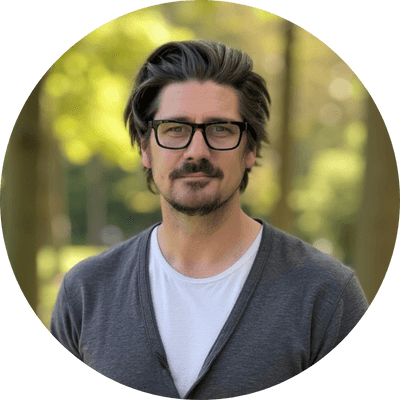Dangers of a Single Story

by David Lloyd-Lewis, Co-founder & Chief Product Officer
Folktale co-founder and CEO Sarah Mak on nurturing and listening to a multitude of perspectives.
Humans love a good story. That’s what Folktale is built on—the very human impulse to grab onto stories, rather than statistics, as a way of understanding the world.
But more than that, Folktale is about bringing a diversity of viewpoints and stories to the table.
That’s why I love this TED Talk from Chimamanda Adichie so much. Here’s the summary: "Our lives, our cultures, are composed of many overlapping stories. Novelist Chimamanda Adichie tells the story of how she found her authentic cultural voice—and warns that if we hear only a single story about another person or country, we risk a critical misunderstanding."
And here is the video itself:
Chimamanda really gets to the heart of how “impressionable and vulnerable” humans are in the face of a good story. It’s hard to underestimate the power that a story has in influencing our understanding of the world.
When we hear and internalise single stories in our minds, it makes it harder for us to connect as human equals, and recognise how we’re different rather than similar.
The incompleteness of a stereotype
In the video, Chimamanda speaks about her American college roommate having a “single story of Africa: a single story of catastrophe.”
That single story meant Chimamanda’s roommate approached her with “a kind of patronizing, well-meaning pity.”
That single story meant that to her roommate, “there was no possibility of Africans being similar to her in any way, no possibility of feelings more complex than pity, no possibility of a connection as human equals.”
I was born and raised in Canada; my parents are Chinese, which makes me Canadian-born Chinese. I’ve had a lot of experience feeling like I need to act, articulate and be a certain way, to align with the single story people have formed in their minds when they approach me. (Check out Ruth Chan’s Instagram for some beautiful depictions of the way stereotypes can affect people.)
As Chimamanda says, “The dangers of a single story is that it builds stereotypes, and it’s not that stereotypes are wrong, they’re incomplete.”
Of course, we are all guilty of forming single stories and stereotypes in our minds—after all, we’re only human.
That’s why we so desperately need a balance of stories, to empower and humanise. There is never a single story about a place or a person. People “contain multitudes,” as Walt Whitman might say.
What’s the solution?
All of our work at Folktale is built around the idea of moving away from single stories, as well as past statistics and data (which happens when single stories happen en masse—for more on statistics, check out our article ‘The More Who Die, The Less We Care’).
So what is the third route? Stories at scale—with understanding, not just hearing. This philosophy is behind all of our work at Folktale.
By seeking out, listening to, and understanding varied and real viewpoints, we can go beyond relying on a single story. Instead, we can use many stories to form a 360 degree perspective—giving us far more accurate and insightful understanding of a community.
That empowers organizations to listen at scale to their communities, anywhere in the world. And it can drive real change. Folktale helps our global partners design more effective programs and initiatives, based on actual input. Our platform allows partners to build smarter, more efficient ways of listening and gathering insights in order to make informed decisions.
All of this is inspired by a simple truth: a single story is not enough.
We’re committed to becoming the world’s platform for understanding, communicating and improving impact through storytelling.

